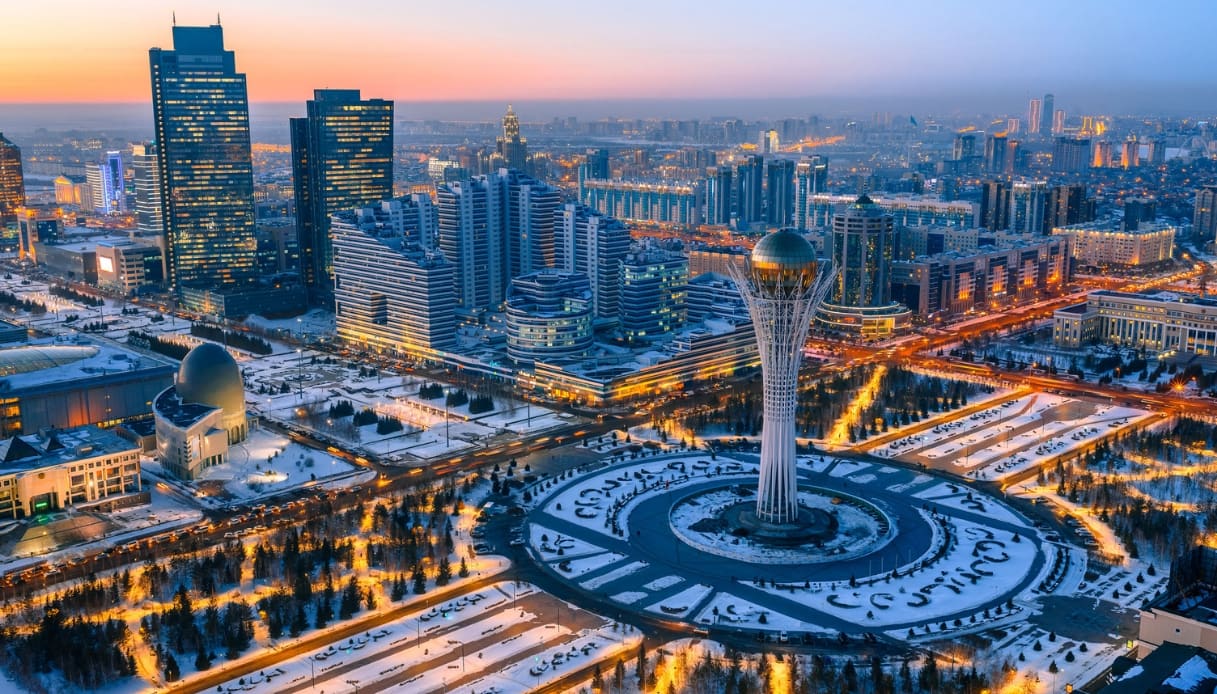on the crypto

In a press release published on the official website of the Kazakh government, it was announced that, in the first three months of 2022, Bitcoin mining would add 652 million tenge (the local currency) to the republican (state) budget. This is a little over one and a half million US dollars.
As explained, this sum of money would have reached the state coffers through payments for energy, which is the main fuel for the mining machines for their operations.
The Kazakh government specified that the payment for Bitcoin mining would come from 12 regions of the Asian country, which between them would have contributed to the aforementioned sum of money available to the state.
A blank check?
Although this is a considerable amount left by the miners, the Kazakh government cannot access it in its entirety due to the restrictions imposed on the activity. In fact, they appear to have missed the opportunity to profit from Bitcoin mining.
The press release emphasizes that to ensure the country's "energy security", most of the mining companies have been disconnected from the electricity system. This has been happening since October 2021, "so most of the expected amount was not received from the budget".
In March, for example, it emerged that the government dismantled some 100 seemingly clandestine Bitcoin mining farms as part of a crusade to alleviate the energy crisis of the time.
Also of note are the large miners who have chosen to disconnect and leave Kazakhstan in the face of increased state regulation and surveillance, along with political instability that has come to directly affect the global computing power of the Bitcoin network.
More regulations on the horizon
In the press release, the Kazakh government indicated that a bill is currently under consideration in the Parliament of the Republic of Kazakhstan, explicitly calling for an increase in the tax imposed on Bitcoin miners, which could further hinder the free development of the business. .
This is despite the fact that Binance, one of the largest bitcoin exchanges on the market, reported that it would advise the Kazakh government on ecosystem regulations.
It should be clarified that, at the moment, electricity for miners costs 1 Kazakh tenge (or $ 0,0023) for every kWh of electricity consumed by a Bitcoin mining farm, according to the Kazakh government itself.
A new hike in the electricity tariff for miners in Kazakhstan would be a major blow to operators, as the increase in service would add to the low profitability of Bitcoin mining, which has been in the red for weeks and averages not seen since 2020. .
The impact is felt
While it is true that Kazakhstan has welcomed many of the miners who fled China after the mining ban, it is also true that the country has quickly tried to counter the trend by raising electricity tariffs as a first containment measure.
This has caused Kazakhstan, after occupying the second place among the countries with the highest rate of hashing enabled, to drop to third place, where it was in July last year.
According to the University of Cambridge, the country hosts 13,22% of the global hashrate, down 5% since the start of the migration in September. Right now, the country is behind the United States (37,84%) and China (21,11%). However, this does not diminish its importance. Kazakhstan is still an important country for the mining industry, as the Cambridge numbers show.
But as the facts show, the tighter the restrictions in Kazakhstan, the more likely the government is not to see the funds the mining industry can provide.
